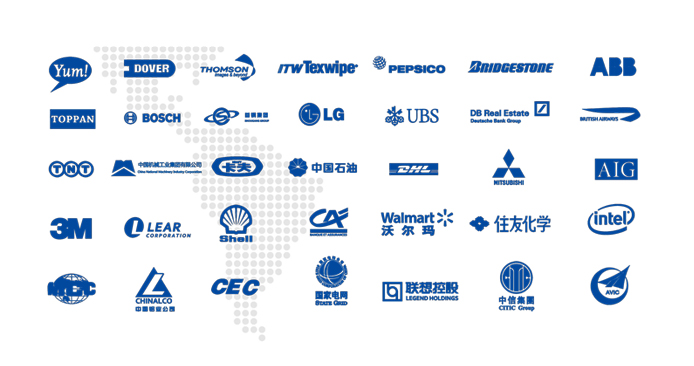Flexible screen industry a fierce battleground
( China Daily )
Chinese display panel manufacturers are investing heavily in flexible screen technology in a bid to break apart South Korea's monopoly, but experts say there remains a gap between domestic panel makers and their overseas rivals, especially in terms of talent, craftsmanship and production capacity.
Tech companies that make tablets, wearable gadgets and high-end smartphones are increasingly turning to active matrix/organic light-emitting diodes, known as AMOLED tech, as it is physically much more flexible compared to traditional liquid crystal display, or LCD panels.
Geng Yi, deputy secretary-general of China OLED Industry Alliance, predicted about 20 AMOLED production lines will be built in China within five years, and flexibility is the leading trend.
However, she emphasized that 70 percent of the current OLED production equipment in China is imported. "We still need a few years to catch up with other international flexible screen producers."
South Korean technology giant Samsung Electronics Co Ltd currently dominates in AMOLED technology and products, accounting for 90 percent of the market share. The panels are used in its Galaxy series of smartphones.
"Chinese panel companies are developing rapidly in the flexible and foldable screens sector, but we still lag behind South Korean competitors in key technical talent, craftsmanship and product reliability," said Wang Jian, analyst at Beijing-based market researcher Sigmaintell Consulting.
Wang said AMOLED technology will be very important for smartphone panels in the next few years, and its future prospects are promising.
Shenzhen, Guangdong province-based panel manufacturer Royole Corp has announced its fully flexible display panels have entered mass production, following a total investment of about 11 billion yuan ($1.7 billion).
Founded by Stanford University engineering graduates in 2012, the startup launched the construction of its factory in Shenzhen in 2015. The company plans to produce more than 50 million flexible displays each year when the plant is at full capacity.
BOE Technology Group Co Ltd, a Beijing-based supplier of display products and solutions, commenced mass production of sixth-generation flexible AMOLED display screens at its facility in Chengdu, Sichuan province last October, which is also the country's first such facility.
The Chinese company said its display panels have already been delivered to more than 10 smartphone manufacturers including Huawei Technologies Co Ltd, Oppo Electronics Corp, Vivo Mobile Communication Technology Co, Xiaomi Inc, ZTE Corp and Nubia Technology Co Ltd.
BOE's facility mainly produces display panels used in mobile products and smart wearable devices. It can turn out 48,000 glass substrate panels (at 1,850 millimeters by 1,500 millimeters) every month.
Other domestic panel makers, such as Visionox Co Ltd and Tianma Microelectronics Co Ltd, have launched production of sixth-generation flexible AMOLED display panels.
Shenzhen China Star Optoelectronics Technology Co Ltd started work on a sixth-generation low temperature polysilicon AMOLED display panel production line in Wuhan, Hubei province last year. With a total investment of 35 billion yuan, the project is expected to begin production in the first half of 2019.
Research and analytics firm IHS Markit said China will dominate flat panel display manufacturing by 2018, comprising 35 percent of the global market.
However, He Tianhua, analyst at market research firm Canalys, said the lack of precision instruments and machinery in China is restricting the flexible display manufacturing industry, adding domestic producers' production capacity needs to improve further.
 The Area with Six Parks
The Area with Six Parks Global Top 500
Global Top 500